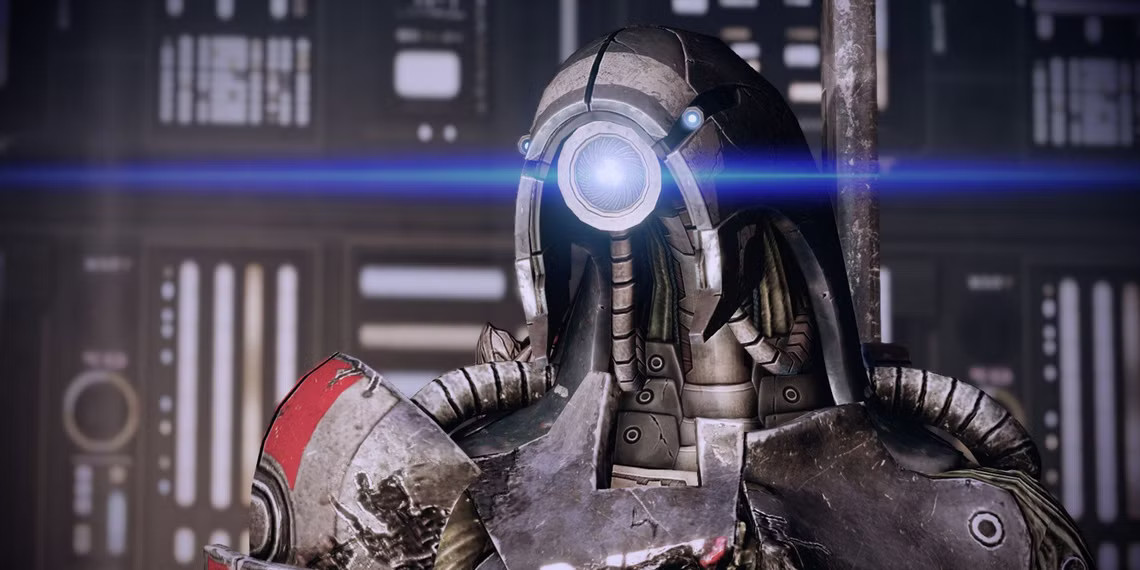The face of the games industry has changed a lot since about 2008-ish. When gaming started to go mainstream, a lot of people flooded into the industry who weren’t gamers. All of whom were either chasing the golden goose or looking to shift the culture away from its perceived dude-bro aesthetic. The latter of whom argued that there was this massive, untapped new audience for video games. Progressive young people who cared about social justice issues. Over a decade on, we now have the numbers, and things aren’t looking so good for this so-called “modern audience.”
Over the past year, several explicitly woke games have come out. Concord, Zau, Dustborn, etc, as well as the rise of consulting firms like Sweet Baby Inc. DEI has been heavily baked into the corporate culture of many game companies, so that most major Western games, and an increasing number of Japanese ones, have begun incorporating more of the ideology into their products. Games journalists argued these games were performing quite well, and the old school “CHUD” gamers were in the firm minority. And we didn’t have good numbers on how well these games were doing. Especially since console platform holders don’t publish player counts or digital sales. Well, all except for Steam.
Valve makes player counts available for their entire library as part of their API. These are publicly available on third-party sites like SteamDB. While active player counts aren’t always the best method for determining a game’s overall market health, especially for single player titles, they can still give us some valuable insight.
Take Black Myth: Wukong for example. A game which journalists have tried to paint in a negative light due to its alleged lack of diversity. It hit a peak player count of 2,415,714, beating the previous record set by Palworld earlier in the year. Journalists have claimed it’s mainly Chinese players, but even in the troughs, they’re still pulling in a couple hundred thousand, with it being the top most played game in all markets at the time of writing. Black Myth is a fairly traditional hack and slash that ships complete in box, and lacks microtransactions or season passes. Furthermore, it doesn’t incorporate DEI ideology. The studio explicitly forbade journalists from mentioning things like feminism in their reviews, saying they wanted them to focus on the gameplay.
Meanwhile, Sony’s new looter-shooter Concord only managed to pull in a peak of 2,388 players during its free public beta last month. Dustborn, meanwhile, which has been characterized as extremely woke by online commentators, only pulled in a measly 83 players at launch, and dropping. Other DEI games have shown similar stats. In fact, out of Steam’s current most played games, there’s not a single woke title. A few borderline ones maybe, but nothing explicit.
Thing is games are expensive and time consuming to make. Concord reportedly took 8 years to develop. Even smaller titles like Dustborn don’t come cheap. Consultation firms like SBI also charge developers millions for their services. Yet games explicitly designed for the “modern audience”, even the most “popular” ones, are barely pulling in enough players to fill a small town hockey arena. While we don’t have numbers for consoles, we can’t expect them to be great either. Otherwise journalists would publish them to tout their success. So given all the evidence we have, we can conclude what many of us have suspected all along; the “modern audience” doesn’t exist.
While the face of the industry has changed considerably, gamers themselves haven’t. There’s a huge disconnect between what the customer wants versus what studios are willing to produce. Of course there are a few exceptions. Nintendo still produces games using the same design philosophy they’ve had for over four decades. South Korean and Chinese studios also intimately understand the gamer brain, especially male gamers. This is why journalists and Western developers are just seething right now over Black Myth. It’s a definitively 2000s-style game updated with modern technology and QoL features. Despite over a decade of trying to force change in the community, activists in the industry have failed, utterly and completely. While nobody in mainstream media likes to acknowledge it, this is a big reason behind the recent mass layoffs and studio closures. “Owning the CHUDs” just isn’t a viable business strategy.
Photo by Pavel Danilyuk, via Pexels





